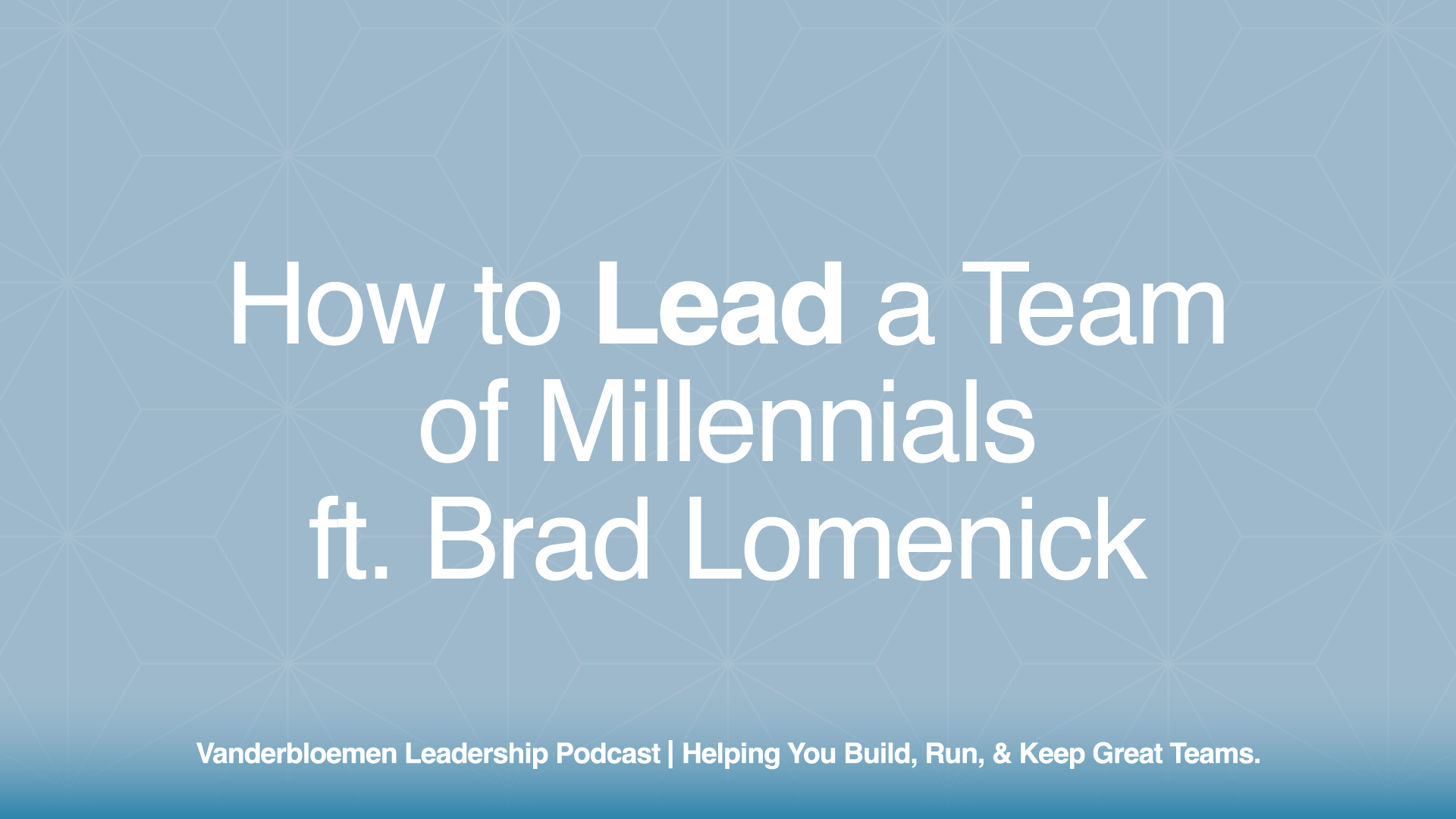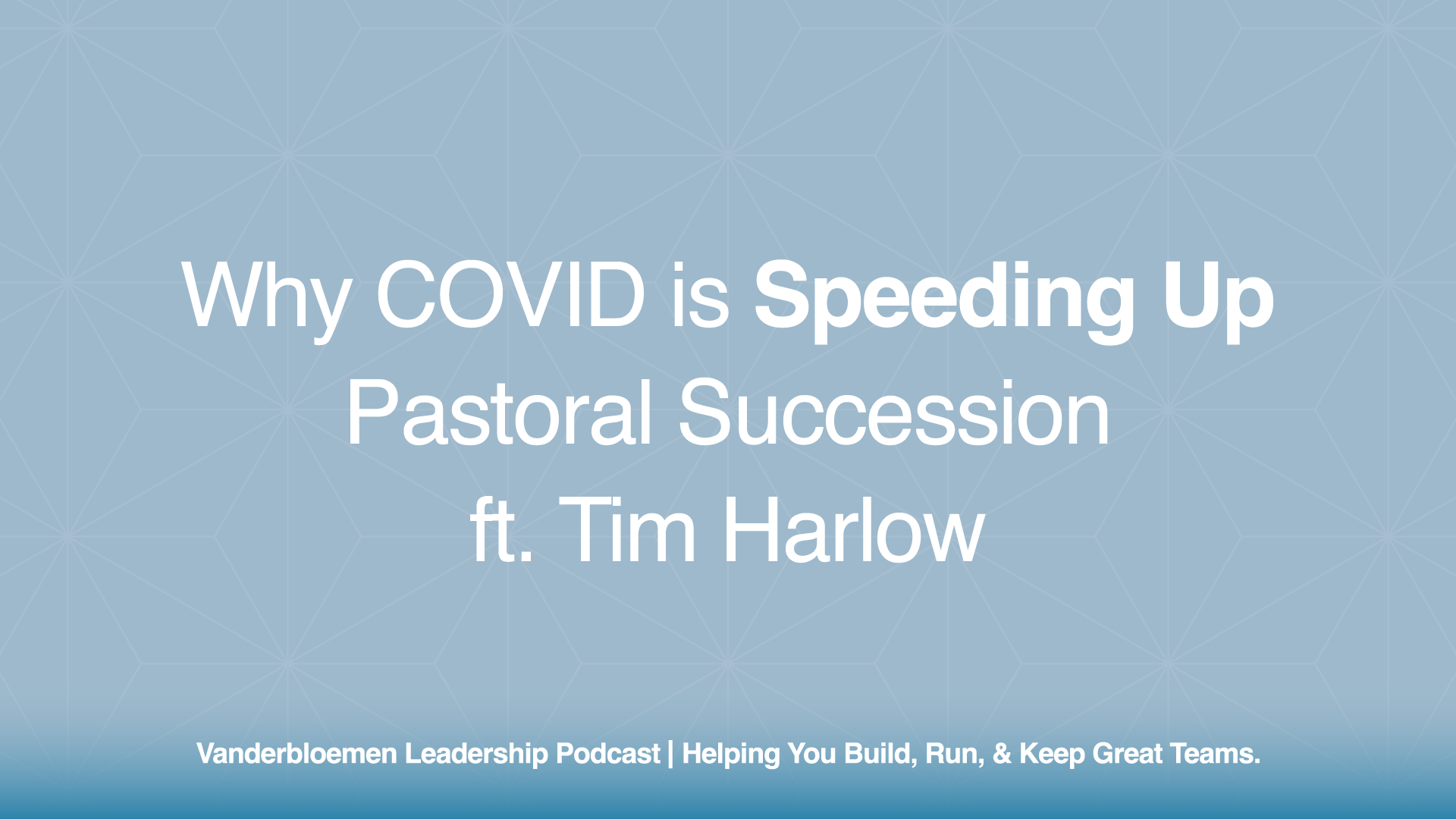One of the first pieces of advice I give to people in ministry is that they need a mentor, and their first response is usually: Why?
The answer is really simple. They have what you don’t.
One really influential mentor in my life was a guy by the name of Sam Chand. Sam offered wisdom, support, time, and resources I didn’t have access to and gave more generously than almost anyone else I have ever known. He gave to me long before I ever had anything of value to give to him.
As an added bonus, he always bought my lunch.
It might sound selfish for me to say it this way, but I promise it isn’t selfish. In fact, it’s just the opposite. In order to be successful in my own ministry, I needed to connect with someone who could give me what I needed. He had wisdom I needed, and he shared it with me. He knew people I didn’t know, and he connected me with them.
The great thing about mentorship is that it isn’t all about getting. It’s about giving, too. In fact, the way I connected with Sam is that I would consistently offer to give him rides to the airport. Later, as we became friends and my resources grew, I made sure that I always practiced hospitality with him.
Here are three tips to finding and fostering a mentor relationship that I learned from my relationship with Sam and others:
Have a servants heart.
It is important to understand that those who we desire to mentor us are generally people who have a lot of demands on their life. Offer to ease the burden. I connected with Sam, for example, because I always offered to drive him to the airport when he was in town. I know the rides blessed him, and they blessed me too because we often had good conversations during those long car rides.
It is important to see needs and meet them. Always be willing to take care of those who you want to learn from.
Be aware.
Sometimes in our rides to and from the airport Sam and I had really inspiring conversations, and other times I had to learn that he needed space to rest or think. I had to be aware enough to know the difference.
This awareness is innate in some, and for others it comes with time. It is a skill that has to be developed, so start studying. People give away all kinds of verbal and non-verbal cues about what they need, and smart people will learn how to pick up on those cues.
Learn to be aware of the needs around you, and be willing to meet those needs.
Be quiet and be available.
There is a time to talk about yourself (or just talk) and a time to listen. This is the biggest discipline that I would like for young leaders to learn: how to turn down the volume sometimes. Resist the urge to fill the silence and just be available.
Being available is often more valuable than your input and accomplishments.
Having a mentor/coaching relationship is important. It is on the shoulders of other great leaders that we will see beyond their progress and continue their legacy. It is through their love and care that we, together, will see the advancement of the Kingdom.


